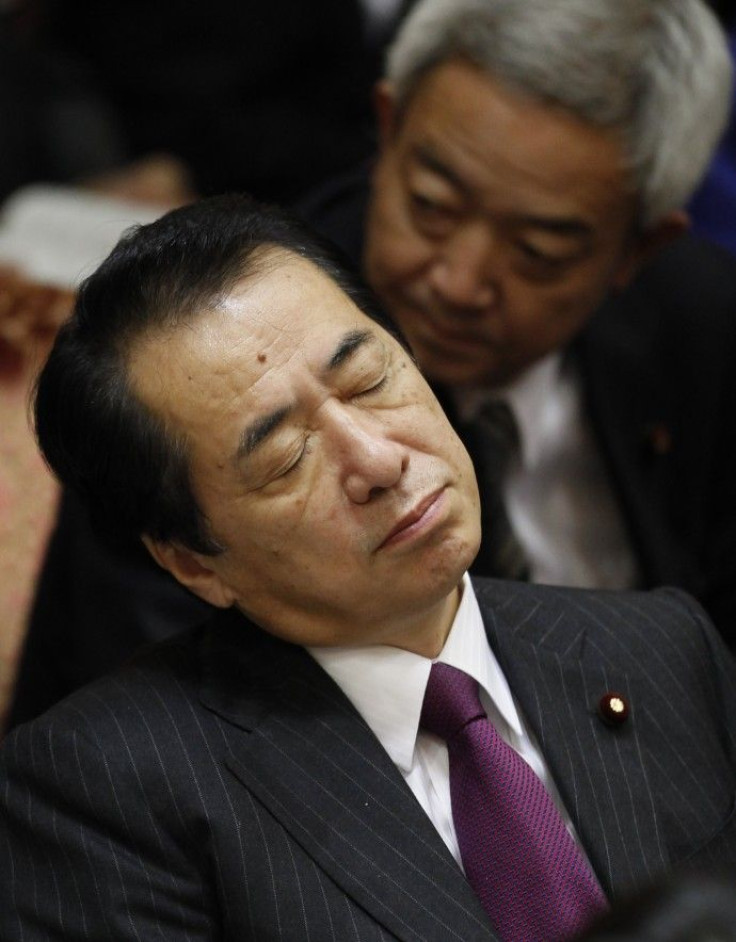Japan could slip back into recession in 2011 first quarter

While analysts are almost unanimous that Japan's gross domestic product (GDP) will fall in the current quarter, some economists see the chance of the country slipping into recession in the first quarter of the next year.
GDP will almost certainly fall in the current quarter but we are increasingly concerned that it may drop further in the first three months of 2011 as well, meaning that Japan will technically be in recession again,” Julian Jessop, an economist with Capital Economics, wrote in a note on Monday.
An economy is said to be in recession when it has two successive quarters where GDP declines relative to the previous quarter.
Consumer spending weakened sharply in September as government incentives for car purchases expired. There was only limited recovery in October figures, while the future outlook remains even bleaker. For a start, following the scaling back of the ecopoints scheme, consumer spending appears to be ending the fourth quarter on almost as low a note as it did the third, Jessop says.
Monthly data on machinery orders and housing starts point to sluggish investment spending and there is continued weakness in the exports sector. Jessop says there is growing evidence that this weakness will carry over into the first quarter of 2011 as well.
Retailers are reporting a sharp drop-off in sales this month after the subsidies for energy-saving consumer appliances (including flat screen TVs, air conditioners and refrigerators) were halved.
He says consumers and businesses are losing confidence too. The hope is that even though the fiscal stimulus is now fading, it has been enough to kick-start a sustained recovery in private demand. But the evidence here is mixed: the monthly sentiment indicators have mostly been falling, and while the results of the Tankan survey were by no means disastrous, they did confirm that momentum is continuing to fade as the economy heads into the new year.
However, the more alarming fact is that the government has practically run out of means to confront the decline and kick start a robust recovery. ... Unfortunately, the government has now pretty much run out of types of spending to subsidise – as well as the money to do so. The corporate tax cuts agreed by the Cabinet in the past week and the supplementary budget passed at the end of November are simply tinkering at the margin, and will in any event come too late to support growth in early 2011.
The Japanese government raised its third quarter gross domestic product growth to 4.5 percent on an annual basis earlier in the month, saying the unexpected surge in growth estimates was driven by improving private consumption and spurt in corporate capital spending.
Jessop says two areas to watch particularly closely are developments in the labor market and trends in business investment. The Tankan survey indicated that the outlook on both these sectors is negative. Though firms say labor surpluses are shrinking, there is no indication that hiring will pick up soon, giving a boost to consumer spending. On the other hand, business investment continues to show signs of decline too. Large manufacturers plan to raise investment by only 2.9 percent in the current fiscal year, which is next to nothing after the 31.4 percent collapse on this measure in FY 2009.
... as an early peek at what is lurking under the Christmas tree, one unwelcome present might be a double-dip recession, says Jessop.
© Copyright IBTimes 2024. All rights reserved.











